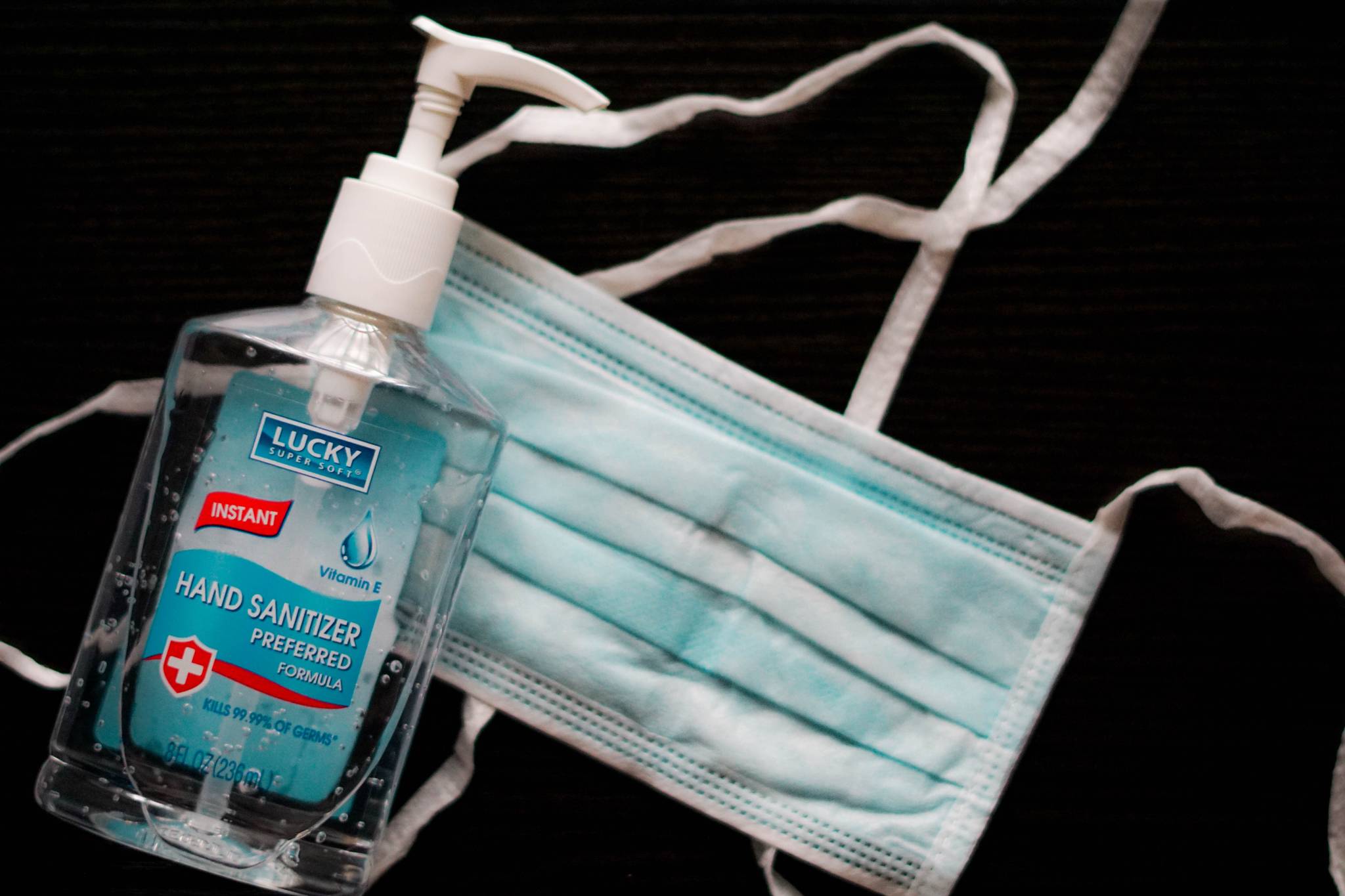A recent spike in new confirmed coronavirus cases driven by the delta variant prompted the City and Borough of Juneau to raise the community risk level to high beginning on July 30.
Accordingly, everyone — regardless of vaccination status — is now required by CBJ’s emergency operations center to wear masks in public indoor areas, as well as outdoor settings where a 6-foot buffer can’t be maintained, according to a news release from the city.
“The EOC does not take lightly the decision to place more mitigation requirements on the community and our businesses,” said EOC incident commander Mila Cosgrove in a news release. “This masking requirement is an attempt to prevent continued case count activity while having as light a touch as possible on our local economy and activities. This updated requirement is in line with the CDC’s guidance that masks be worn by all individuals in indoor settings in areas with high transmission of COVID-19. The State of Alaska has issued the similar guidance.”
As of Thursday, there were 110 active cases, according the city, including 103 resident cases. The city will resume daily updates for new cases on weekdays beginning next week. The reimposition of a citywide mask mandate is the least restrictive option, allowing businesses to stay open, city officials said, with indoor service at bars as well as total capacity at gyms capped at 50%. Restaurants are also strongly encouraged to draw down capacity.
“I think this is the right move right now for a variety of reasons. We’re all used to masks,” said City Manager Rorie Watt during a community briefing Thursday. “We’ve gotten a few comments from people saying ‘You’re moving the goalposts.’ Well, this is a pandemic. No one promised the goal posts were fixed.”
The spike has been rapid and substantial, Cosgrove said.
“These are the highest numbers we’ve seen at this short a time since the pandemic began,” Cosgrove said, citing a rate of new cases per day for July at 7.21 at this time, the highest rate since last autumn. “We are just about where we were last October, which, as we know, led to a pretty steep increase in November.”
Sensible action by Juneau residents will ensure schools can open safely and businesses can remain open, Cosgrove said.
“We hope these measures will put a sharp brake on this,” Cosgrove said. “We are really asking the community and businesses to do the best they can to comply with these measures.”
The delta variant is the driving force behind the most recent spike, said incoming assistant city manager Robert Barr during the conference.
“We know it’s much more transmissible,” Barr said. “Vaccines are still effective at preventing severe outcomes, but they’re a little less effective about preventing you from getting infected, full step.”
The vaccines are proving effective at shielding the vaccinated from the worst of the disease, Cosgrove said.
“The other thing we’re hearing about vaccine breakthrough cases is that their symptoms are much less severe than the unvaccinated,” Cosgrove said. “A vaccine is like a raincoat; it won’t protect you from the weather but it’ll protect you from most of the weather.”
Children in danger
His biggest concern, Watt said, is for the children who can’t or haven’t gotten vaccinated as the return to schools looms.
“The biggest segment of our population that I’m concerned about is our youth who are not eligible for vaccination,” Watt said. “It is very prudent to take this step before schools begin to ratchet down the case count in the community.”
The Juneau School District is scheduled to be back in session on Aug. 16.
“We’re seeing a lot of younger patients in the age group that’s having higher cases and being on a ventilator,” said Dr. Lisa Rabinowitz, an emergency physician, during the news conference. “We’re concerned we may see changes in rates for our kids.”
The knock-on effects of the virus, the full depths of which are still unknown, can include some dire effects for children, Rabinowitz said, including multisystem inflammatory syndrome in children, which can lead to organ failure. About two-thirds of people who had caught the coronavirus had returned to their primary care provider within six months for a new issue, Rabinowitz said.
“Kids can get something called MIC-S and they get very sick,” Rabinowitz said. “We’ve had some very sick kids in Alaska.”
The drivers of the disease in Alaska have been primarily the 20-29 age group, followed by the 30-39 age group, said Coleman Cutchins, a clinical pharmacist with the state of Alaska. But that could change.
“We’re at less than 30% vaccinated for 12-18 year olds for the state of Alaska,” Cutchins said. “The older the kid is, the more likely they are to have a poor outcome for COVID.”
While Bartlett Regional Hospital is hanging tough despite worsening seas, Juneau’s options for higher-level care are becoming increasingly lean, Barr said.
“We are seeing hospitals around us really struggle with capacity, both to the north and the south,” Barr said. “We’re really struggling with medevac capability.”
• Contact reporter Michael S. Lockett at 757-621-1197 or mlockett@juneauempire.com.

